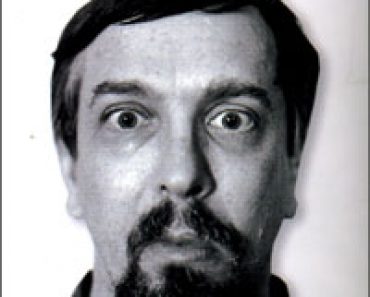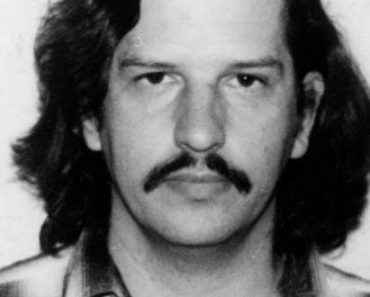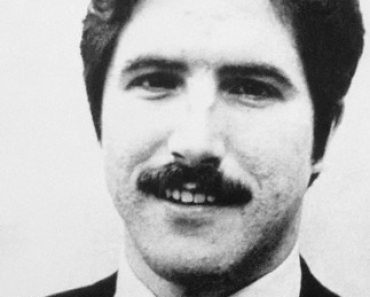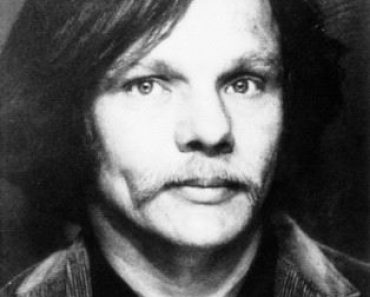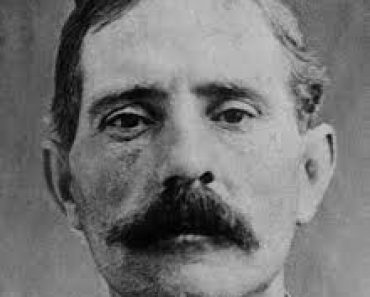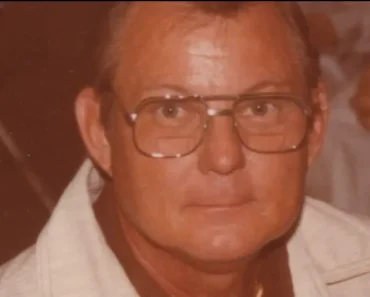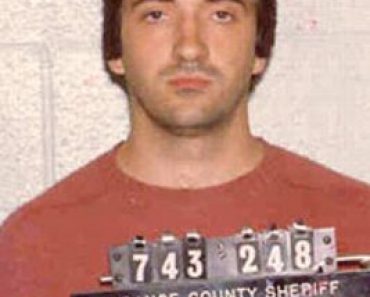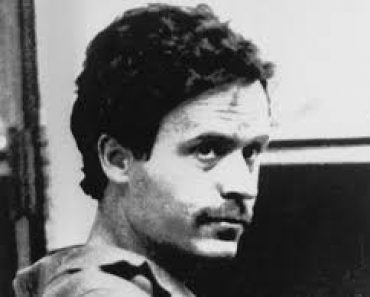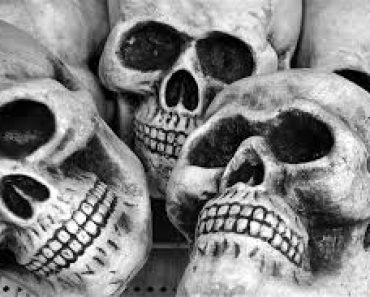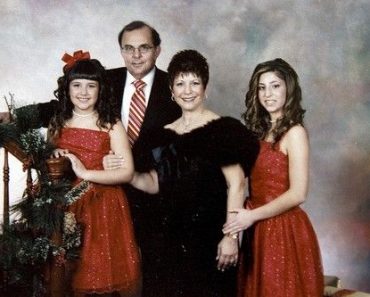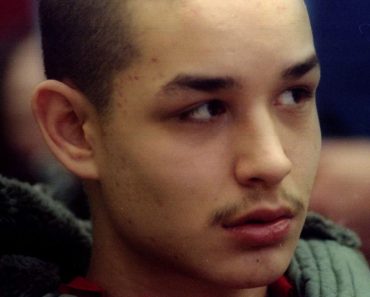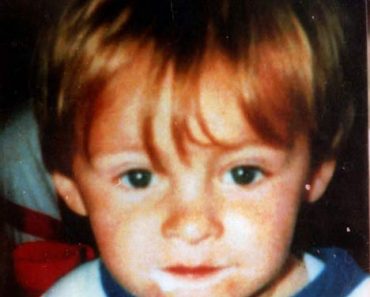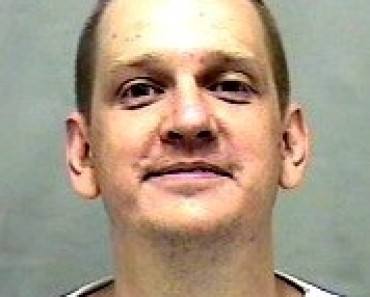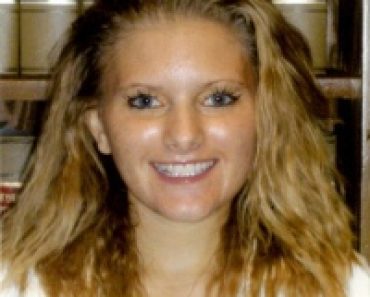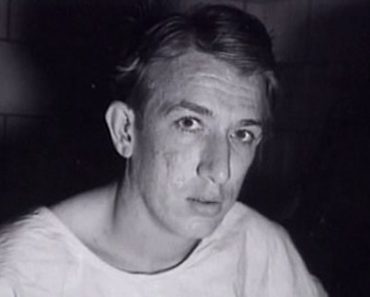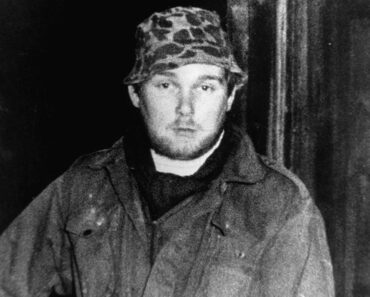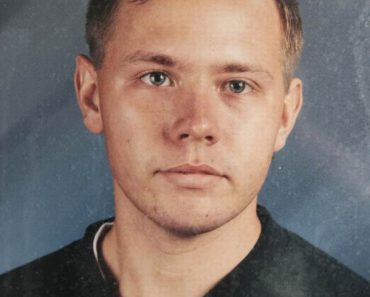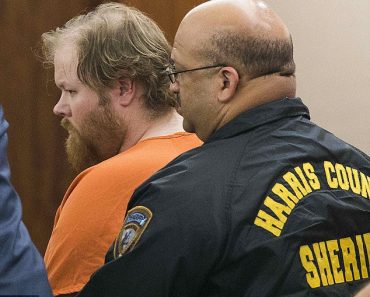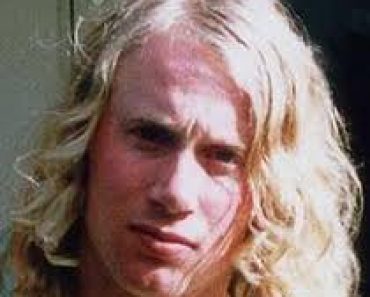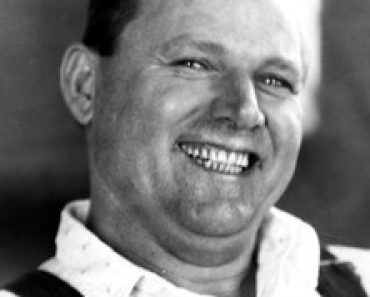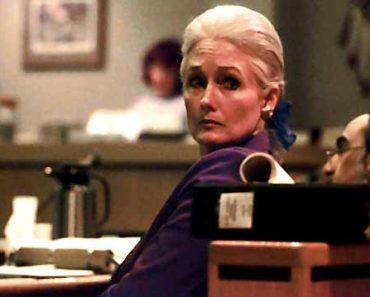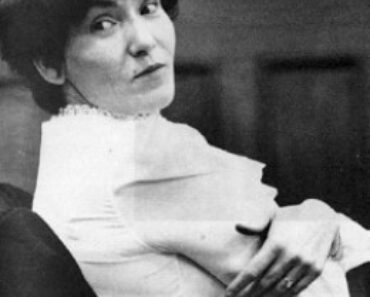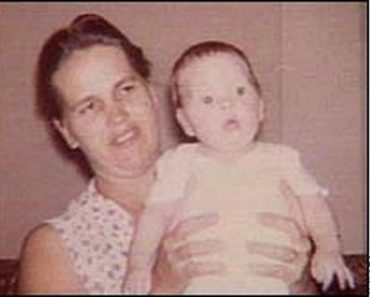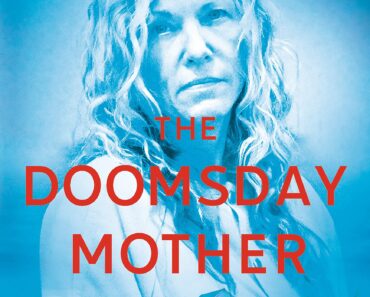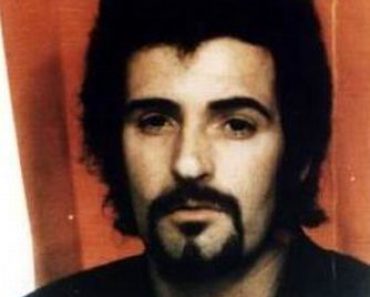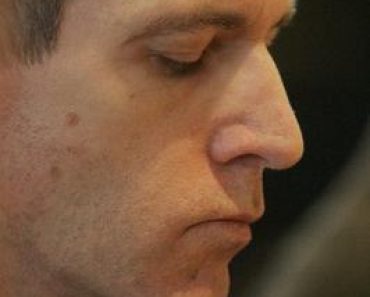John Joubert | Serial Killer
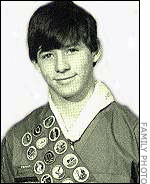
John Joubert
Born: 07-02-1963
The Woodford Slasher
American Serial Killer
Crime Spree: 1982 – 1983
Death: 07-17-1996
John Joseph Joubert IV was an American serial killer executed in Nebraska. He was convicted of murdering three boys in Maine and Nebraska between 1982 and 1983.
John Joubert
John fantasized about killing his baby sitter by the time he was 6. When he was 11 or 12, his thoughts turned to strangling and stabbing boys, girls and young women.
He finally acted on those impulses when he was a mere high school junior in Portland, Maine. And he got away with it for years. In a four-month period, he slashed a boy’s throat and stabbed a girl and a woman in separate, random attacks that terrorized the city’s Oakdale neighborhood.
Who Was John Joubert
John Joubert was born on July 2, 1963, in Lawrence, Mass., the first child of Joseph and Beverly Joubert. Two years later, Joubert’s sister, Jane, was born. She would later become a Lewiston police officer.
John could read when he was 3 and started checking books out of the library when he was 5. He has an IQ of 123, putting him in the superior range.
While Joubert’s parents managed a family restaurant in the gritty mill city, John Joubert attended parochial school and served as an altar boy.
John Joubert and Brian LaBrecque, a childhood friend, were the smallest boys in their class and got picked on by bullies. From that bond, they formed a friendship. But LaBrecque said Joubert was a shy, smart boy who never showed any signs that he wanted to get back at the bullies.
But, it was in fact during this period that John Joubert’s disturbing fantasies began, according to three psychiatric reports on Joubert prepared in 1984.
The Fantasies of John Joubert
When he was 6 years, John Joubert started fantasizing about killing his baby sitter. He didn’t seem to have anything against the girl, who lived across the street, describing her to one psychiatrist as “just someone to kill.”
Later, Joubert’s thoughts turned to killing strangers he saw on the streets and people he knew. In his fantasies, Joubert would stab or strangle his victims, tying and gagging those who struggled.
He fantasized victims saying, “If you’re going to do it, do it and get it over with,” one of the reports said.
John Joubert told the Telegram that he now believes he knows what caused his fantasies. Several months ago, Joubert said, he started asking his mother and sister whether he saw or experienced anything that could have caused the fantasies.
For the first time, Joubert said, his mother told him that he saw her being choked by his father until she passed out when he was 4. John Joubert does not remember such an incident.
He said he and a therapist believe the fantasies were an escape valve for him to forget the episode of family violence and other family arguments that he apparently saw. From that point, Joubert said, he began to have the fantasies when under any sort of stress.
“I would think these thoughts, and that would relieve the tension,” Joubert said. “I have learned that it made me feel better, and as I grew up it became a habit.”
The Divorce
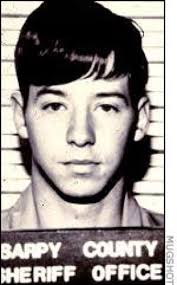
After the fantasies began, John Joubert’s home life became more tumultuous. His parents divorced when he was 8 and he moved to Portland with his mother and sister when he was 11. The family settled in a two-family home in the middle-class Oakdale neighborhood. Joubert’s mother worked as a bookkeeper.
His parents continued to argue about where John would live. Joubert told psychiatrists he rode his bicycle to visit his father in Lawrence several times because his mother would not give him travel money. Kentsmith also wrote that Joubert’s mother belittled him, spanked him until he was 12, ridiculed his father and never approved of John’s friends.
John had little success with relationships in school. He told another psychiatrist that he “was a small kid with a funny last name.” Some of his classmates called him “Jujube.”
Joubert said that he believes the ages of the boys he killed was significant, because he was an unhappy child between ages 11 and 13. Targeting boys of that age, he said, was in a way like targeting himself.
“I was repressed, I felt like I had no control of myself, and I imagine I was very angry at myself for allowing this to happen,” he said.
The Paper Route
At age 12, John Joubert started delivering newspapers in his neighborhood, a job he would keep until he was 17. With that money and cash earned from summer jobs, Joubert paid his tuition at Cheverus High School, Portland’s all-boys Catholic secondary school.
Joubert was in a scouting troop, went on camping trips and briefly played trumpet in a school brass ensemble. But he spent much of his time alone, listening to his stereo in his room or building model airplanes. He never dated.
John Joubert took honors courses, excelling in English and history, said Stuart Tisdale Jr., one of his teachers at Cheverus. He maintained a 2.75 grade point average and ran indoor track.
But he was constantly chided for being one of the smallest members of his class, said James Ciampi, a former classmate. Joubert took the taunting personally and became defensive. “It must have been a painful experience for him to go to school every day,” Ciampi said.
John Joubert
Classmates had no idea of the escalating rage that gripped John Joubert during a four-month period in his junior year. It would be years before police would identify Joubert as the man responsible for a series of random attacks in the same neighborhood where John delivered the Telegram and the now-defunct Evening Express.
At 4:05 p.m. on December 12, 1979, 6-year-old Sarah Canty dropped a football outside her house at Oakdale and Dartmouth streets. As she bent to pick it up, a young man on a green, 10-speed bicycle rode behind her and stabbed her in the back with a pencil or a screwdriver. Then he rode on, according to police reports. Crying, Sarah ran inside her house. Underneath her jacket, shirt and undershirt was a quarter-inch puncture wound.
About six weeks later, on January 24, 1980, Vicky Goff, 27, was walking on Deering Avenue at 7:15 p.m., heading to a creative writing class at the University of Southern Maine. When a young man walked by her, Goff said ‘Hi’ to him. Moments later, a hand came over her mouth from behind and Goff felt like she’d been punched in the side.
Goff recalled falling down, standing up and yelling, “Why’d you do that?” to the young man as he ran away. Goff saw blood and realized she had been stabbed with a knife. She had surgery for a punctured kidney at Maine Medical Center and spent a week recovering in the hospital.
Another Attack
Two months to the day after Vicky Goff was stabbed, on March 24, a third-grade student was walking on Deering Avenue when a young man with a 10-speed bicycle beckoned the boy to come closer. The man asked Michael Witham, 9, who he was and where he was going. Then Witham looked away for a moment and was slashed in the throat with an X-acto knife. Michael ran home bleeding. It took 12 stitches to close the 2-inch wound.
The crimes shocked the normally peaceful neighborhood. School officials told children not to walk home alone. One parents’ group considered offering a reward for information leading to the arrest of the man who stabbed Michael Witham.
The Attacks Stopped
The attacks stopped as suddenly as they had started.
John Joubert graduated from Cheverus in 1981. In the fall, he attended Norwich University, a small military college in Northfield, Vt.
Joubert, studying engineering, didn’t do well at school but appeared to make friends for the first time. He also experimented with alcohol and marijuana but told psychiatrists that he didn’t like how they made him feel.
Enjoying his new-found college freedom, John Joubert completed only 10 credits at Norwich. Then he couldn’t find work in the summer of 1982. So he enlisted in the Air Force in August – the same month that Richard Stetson’s body was found near Tukey’s Bridge.
Richard Stetson told his parents at 7:45 p.m. on August 23 that he was going jogging around Back Cove. “Be careful,” his father told him. “Don’t go too far.”
Witnesses saw Stetson running around the cove’s jogging path. They said he appeared to be accompanied by a young man riding a 10-speed bicycle.
John Joubert
The next morning, a woman discovered Richard’s bloody body in a patch of grass off Baxter Boulevard. He had been strangled and stabbed once in the chest. Slashes on Richard’s right calf covered a bite mark.
A Westbrook man was indicted on a charge of murdering Stetson, but prosecutors dropped the charges against Joseph W. Anderson, then 24, because the bite mark on Richard’s leg didn’t match Anderson’s teeth.
John Joubert was long gone from Maine by then. He went into the Air Force four months after Stetson was murdered, trained as a radar technician and was stationed at Offutt Air Force Base in Bellevue, Nebraska.
In Nebraska, he pored over pictures in True Detective magazine, fascinated by pictures that showed terrified women.
John Joubert soon started setting his alarm for 6:30 a.m. daily, waking up to decide whether he would go look for a victim. Most mornings he shut off the alarm and went back to sleep.
The Abductions Begin
But, on September 18, 1983, John Joubert abducted Danny Joe Eberle, 13, as the boy started his Sunday morning paper route in Bellevue. Joubert tied the boy’s hands and feet, put tape on his mouth and drove him to a rural area a few miles from the Air Force base. John stabbed Danny Joe 11 times. His body was found three days later.
On December 2 of that year, 12-year-old Christopher Walden, another Bellevue boy, disappeared on his way to school. The boy’s body, also stabbed repeatedly, was found in a grove of trees three days later.
The killings horrified local residents, but John Joubert wasn’t caught until he almost struck again. On January 11, 1984, he accosted a church nursery school director and threatened to kill her. The woman ran away and memorized the license plate on Joubert’s car. Officers found Joubert at the base.
John Joubert told authorities that he was glad police caught him, because he probably would have killed again. He also confessed to the killings of the two Nebraska boys.
John Joubert Charged
On January 12, John Joubert was charged with the two Nebraska murders. After initially pleading not guilty, he changed his plea to guilty.
There were several psychiatric evaluations performed on Joubert. One characterized him as having obsessive-compulsive disorder and sadistic tendencies, and suffering from schizoid personality disorder.
A panel of three judges sentenced John to death for both counts against him. Joubert was also sentenced to life imprisonment in Maine in 1990 for the murder of Ricky Stetson, after Joubert’s teeth were found to match the bite mark.
In 1995, Joubert filed a writ of habeas corpus to the United States federal courts over the death sentences. His lawyers argued that the aggravating factor of “exceptional depravity” was unconstitutionally vague. The court agreed and the state of Nebraska appealed to the United States District Court for the District of Nebraska. They overturned the appeal, saying that he had shown sadistic behavior by torturing Eberle and Walden.
John Joubert was executed on July 17th in 1996 in the state of Nebraska.
source: murderpedia | Alan Clendenning | Maine Sunday Telegram | wikipedia |
This site contains affiliate links. We may, at no cost to you, receive a commission for purchases made through these links



